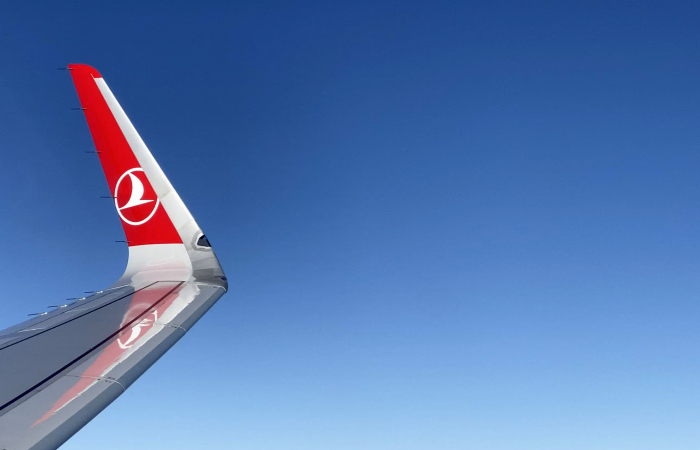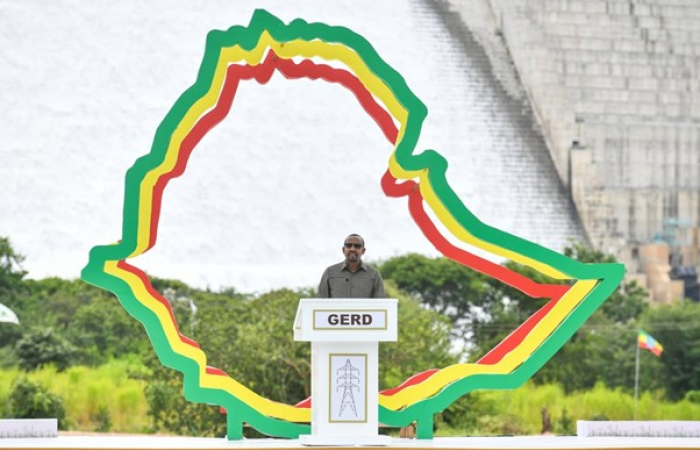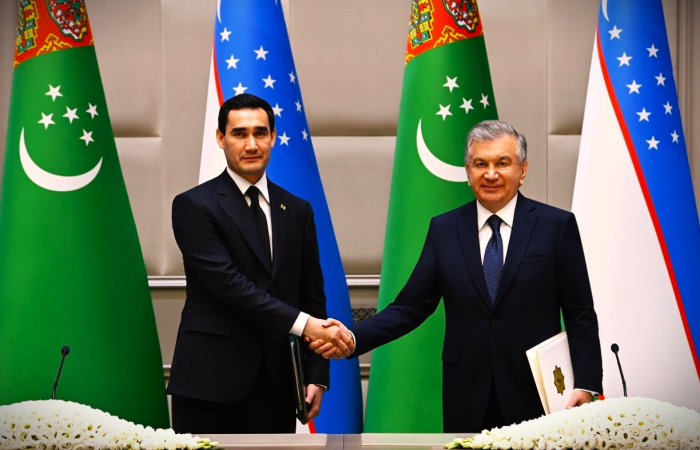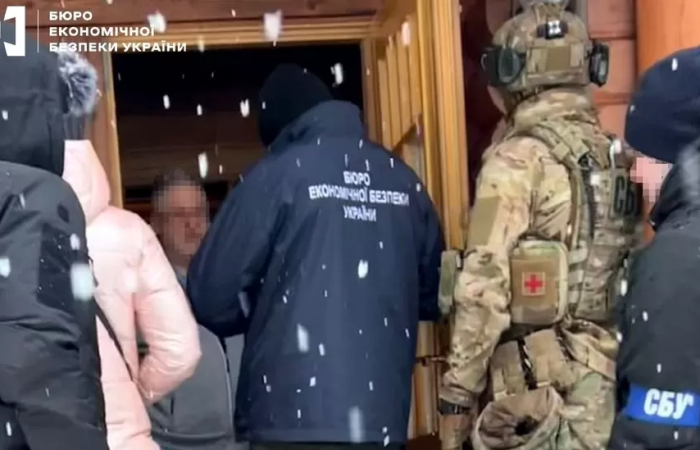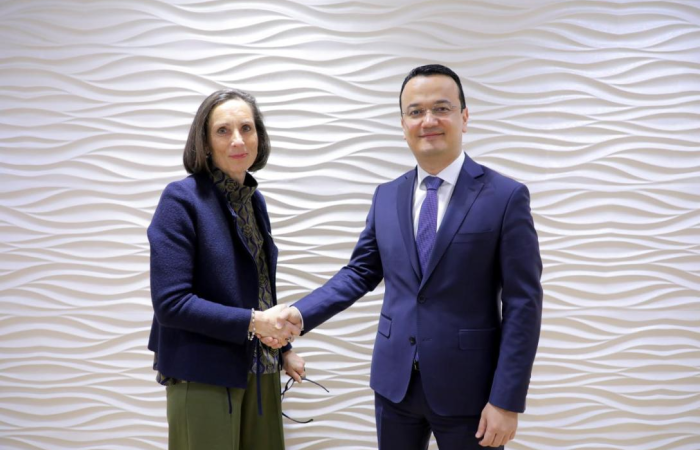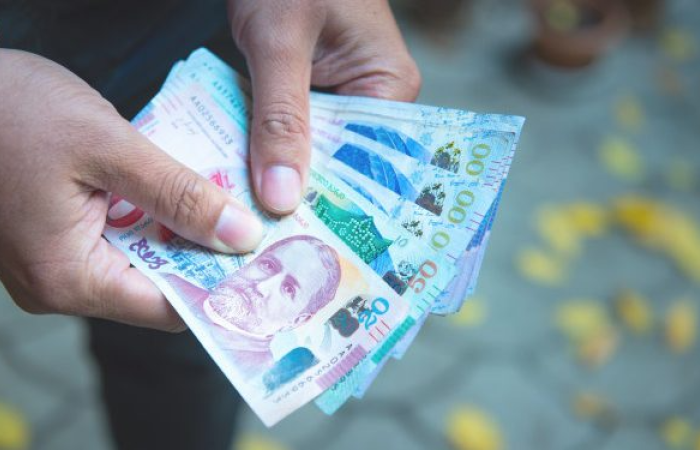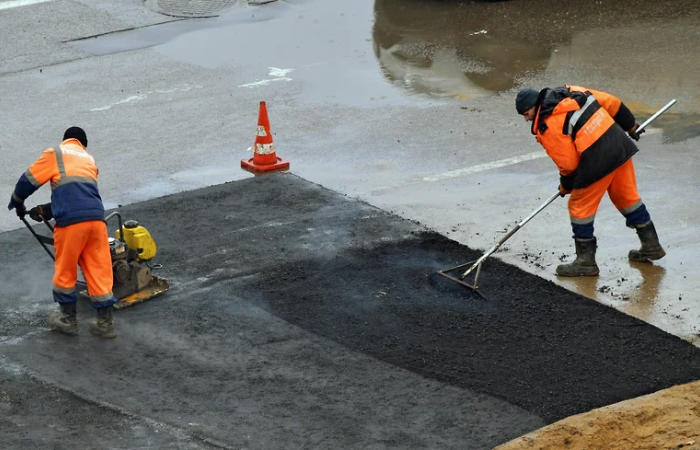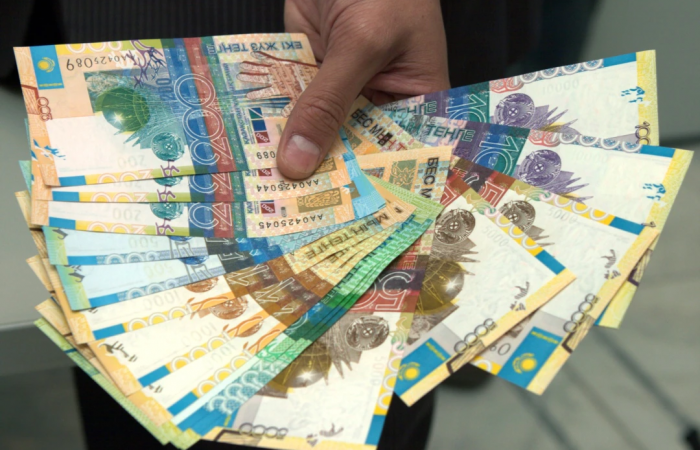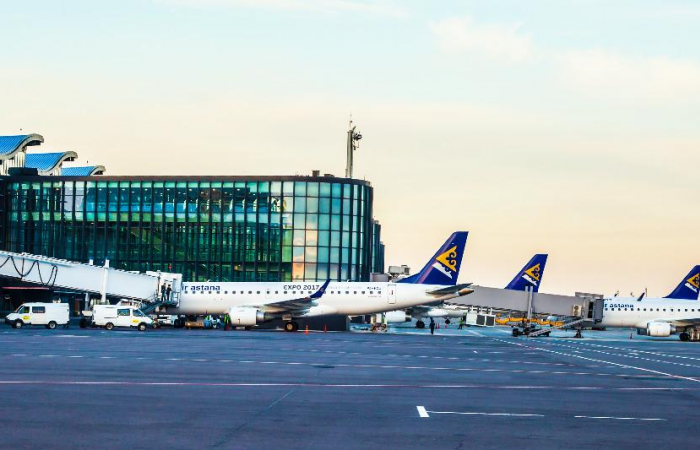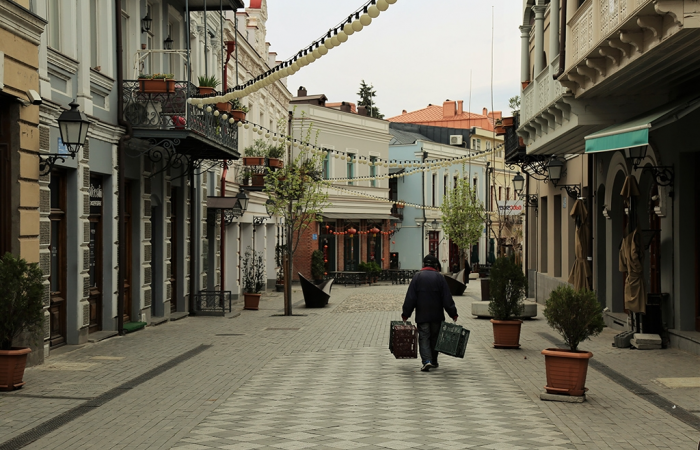Trending
From Frozen Ties to Open Skies: Turkish Airlines to Connect Armenia and Türkiye
2 October 2025
“Welcome to Armenia,” the pilot’s voice came over the tannoy as the Turkish Atlasjet flight touched down in Yerevan some time in 2011. “The temperature outsider is…” A normal announcement on any flight. This one, however, came in Turkish before being repeated in English. In Armenia. That was 14 years ago now. Despite the lack of diplomatic relations between the two countries, the flights have existed for years albeit with some interruptions and later operated by Pegasus and Flyone.



